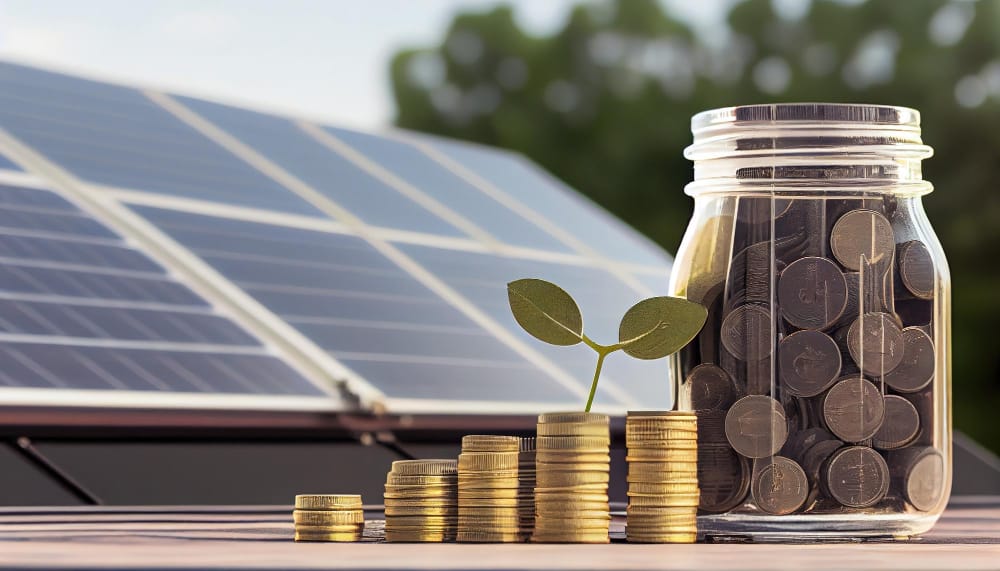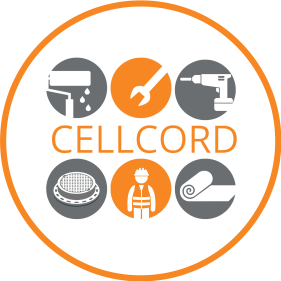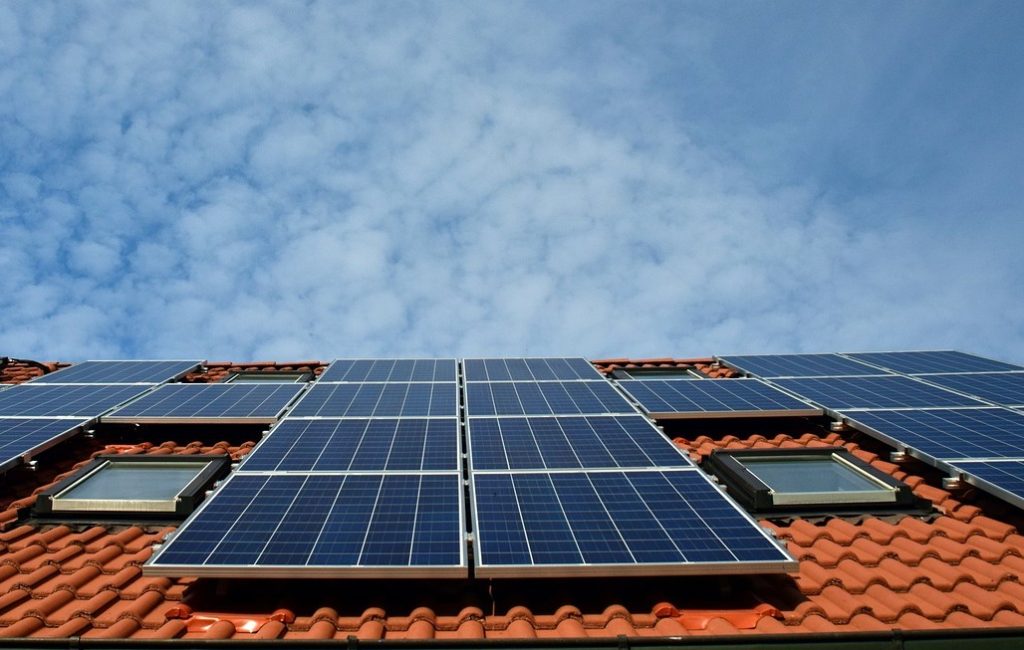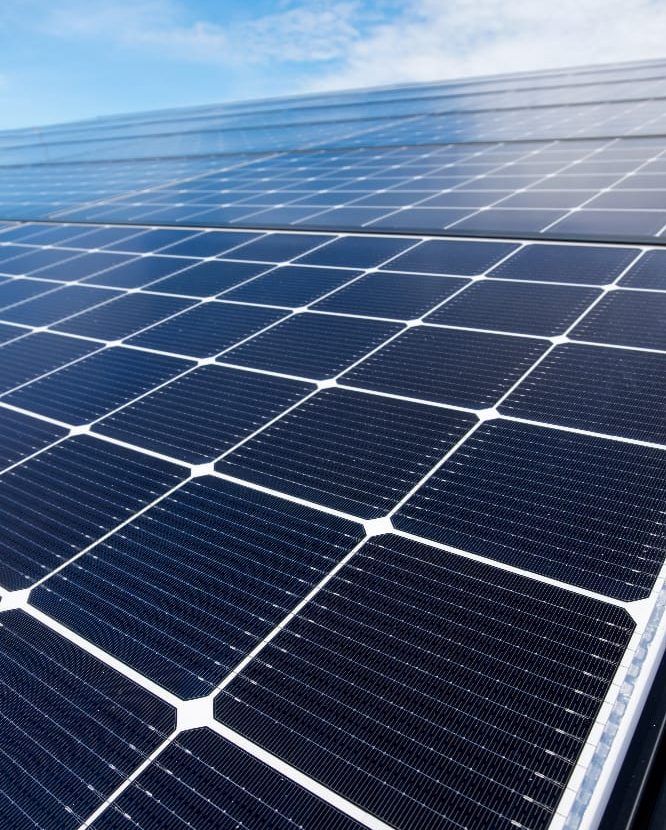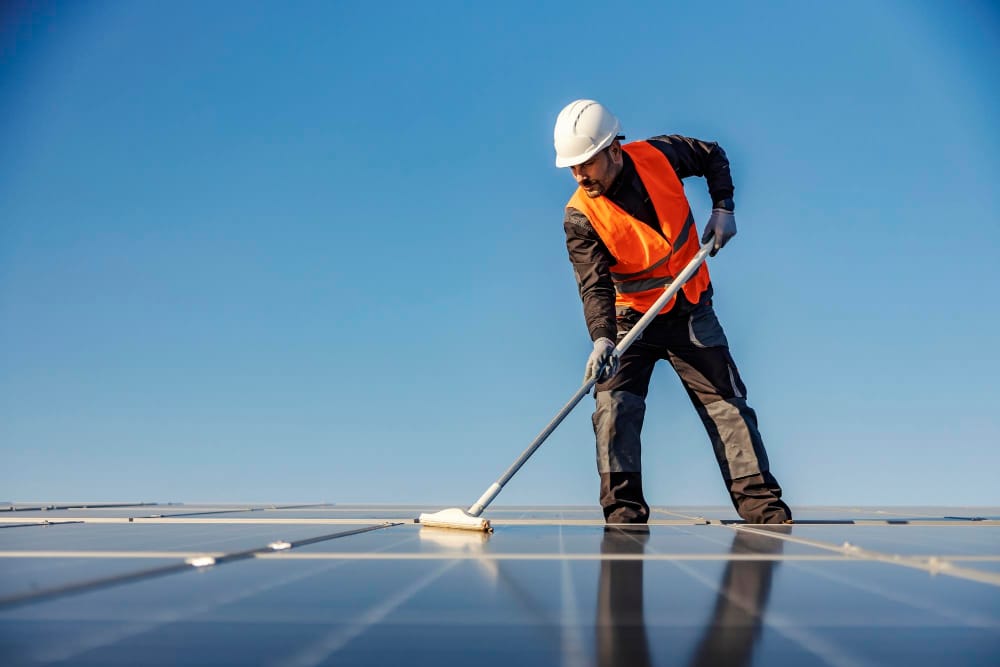Due to the simple design and durable materials, solar panels require minimal maintenance, which is reflected in the occasional cleaning of impurities that accumulate over time due to various human and weather factors (rain, leaves, smog, soot,...). In normal circumstances, where these influences are not great, cleaning once a year is sufficient, while in conditions of increased influence of human and weather factors, cleaning is required at least twice a year. Especially when it comes to solar panels located near factories.
Most solar panels have a lifespan of 20 to 25 years, but many panels can remain functional for longer than that.
The amount of energy produced by solar panels depends on the location, angle of installation, weather conditions, cleanliness of the panels.
Solar panels are certainly a viable option for generating electricity and are increasingly popular for homes and commercial buildings as a way to reduce dependence on fossil fuels and reduce the cost of electricity bills.
